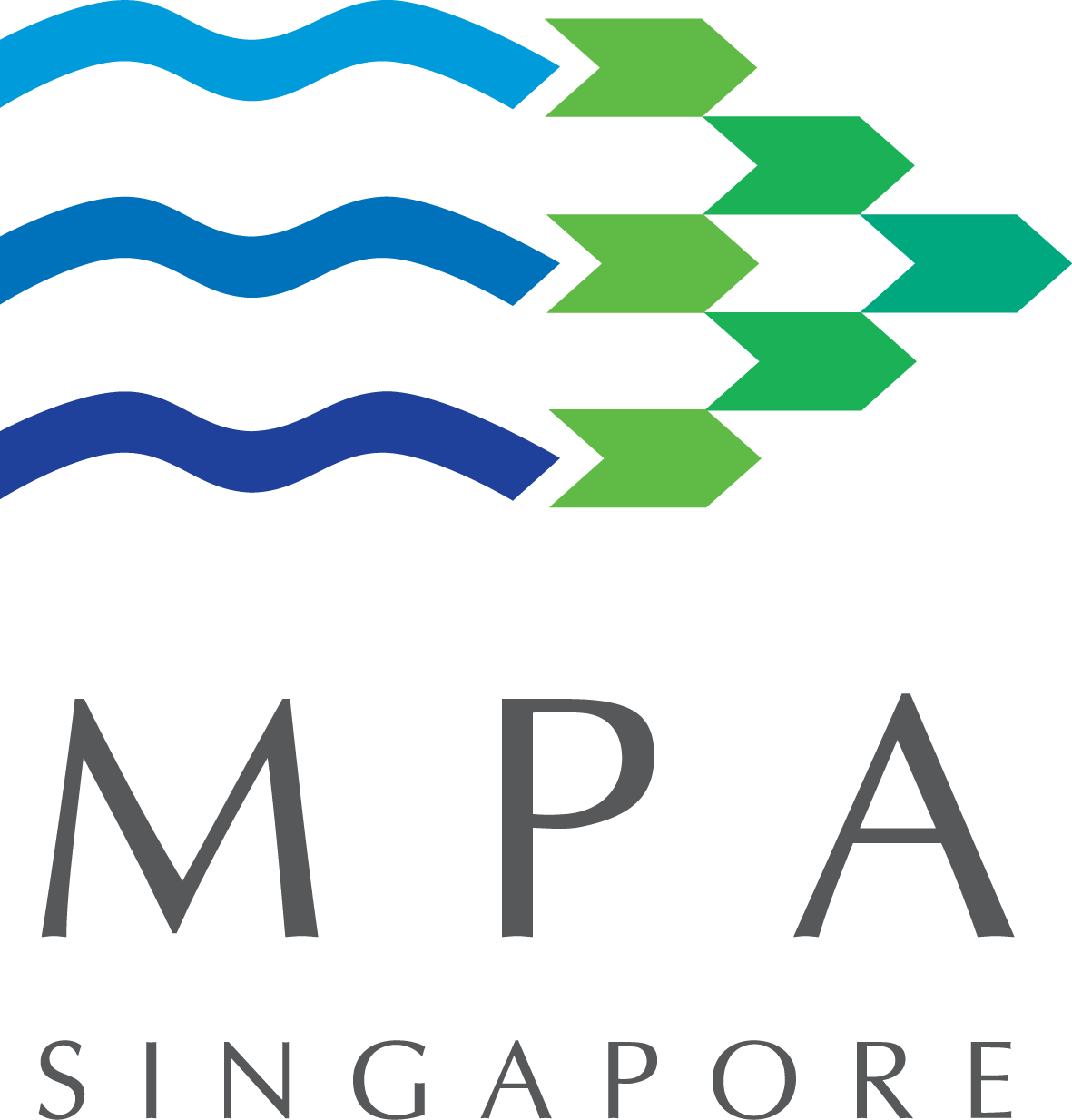Singapore to Chair the Aids to Navigation Fund Committee from 2013 to 2015
Singapore to Chair the Aids to Navigation Fund Committee from 2013 to 2015
Singapore will chair the Aids to Navigation Fund (ANF) Committee from 2013 to 2015, and is hosting the 10th Meeting of the ANF Committee from 4 to 5 April.
The ANF, one of the three pillars under the Co-operative Mechanism on Safety of Navigation and Environmental Protection in the Straits of Malacca and Singapore (SOMS), was established in 2007 to fund the renewal and maintenance of aids to navigation in the SOMS.
The ANF Committee will meet in Singapore today and tomorrow to discuss the 2013 work plan relating to the aids to navigation in the Straits of Malacca and Singapore (SOMS), and share ideas on how to enhance the efficiency of the ANF.
This morning, Singapore signed a Letter of Acknowledgement with the Republic of Korea to affirm the latter's commitment to the ANF for another three years, following its contributions from 2009 to 2012.
At the welcome reception organised to acknowledge the contributors to the ANF, Guest-of-Honour, Mr Pang Kin Keong, Permanent Secretary for the Ministry of Transport, said, "The Straits of Malacca and Singapore is an important shipping lane that supports the bulk of the maritime trade between Europe, the Middle East and East Asia. The ANF supports the maintenance of navigational aids that facilitate safe navigation in the SOMS. Singapore is honoured to chair the ANF Committee for the next three years, and looks forward to working closely with the littoral States, user States, the shipping industry and other stakeholders of the SOMS to enhance the effectiveness of the ANF in promoting safe, open and clean shipping in the SOMS."
Since its inception, the ANF has received contributions totalling US$15.3 million. Contributors to the ANF include The Nippon Foundation, International Foundation for Aids to Navigation Fund, Malacca Strait Council, the Republic of India, United Arab Emirates, the People's Republic of China, Republic of Korea, the International Maritime Organization, Kingdom of Saudi Arabia and Japan.
"Based on the development of the world economy and also the increase of world population, the role of the ocean as fields of maritime transportation or fishery is getting bigger and bigger. Under this circumstance, the safety of maritime transportation in the Straits of Malacca and Singapore is a key not only for this region but international society. In order to keep the safety of the Straits, the maintenance of Aids to Navigation is essential. Therefore, The Nippon Foundation has been contributing to the Straits safety for over 40 years including the contribution to ANF. The Nippon Foundation is willing to corporate with littoral states and other stakeholders continuously, to further create a strong relationship to enhance safe and beautiful oceans," said Mr Mitsuyuki Unno, Executive Director of The Nippon Foundation.
"IFAN has contributed annual amounts of $1m in respect of the last four years towards the 10 year programme to refurbish or replace the aids to navigation along the traffic separation scheme of the Malacca and Singapore Straits. The motivation for IFAN has and remains to be improving navigational safety systems for the benefit of the shipping activity in and the environment of this very important waterway to world trade," said Capt Trevor Smith, Chairman of the International Foundation for Aids to Navigation.
End of release.
About the Maritime and Port Authority of Singapore (MPA)
The Maritime and Port Authority of Singapore (MPA) was established on 2 February 1996, with the mission to develop Singapore as a premier global hub port and international maritime centre (IMC), and to advance and safeguard Singapore's strategic maritime interests. MPA is the driving force behind Singapore's port and maritime development, taking on the roles of Port Authority, Port Regulator, Port Planner, IMC Champion, and National Maritime Representative. MPA partners the industry and other agencies to enhance safety, security and environmental protection in our port waters, facilitate port operations and growth, expand the cluster of maritime ancillary services, and promote maritime R&D and manpower development.
